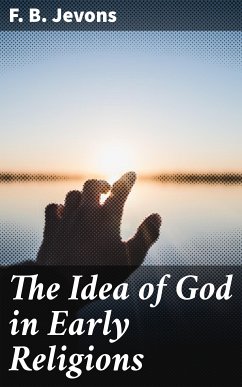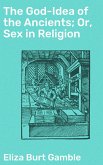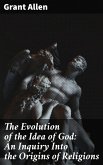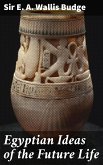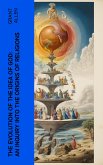F. B. Jevons' 'The Idea of God in Early Religions' is a scholarly exploration of the concept of God in the early stages of human history. Drawing from a wide range of ancient texts and archaeological evidence, Jevons delves into the evolving understanding of divinity in various civilizations, highlighting common themes and differences. His meticulous research and analytical approach make this book a valuable resource for academics and readers interested in the origins of religious thought. Jevons' writing style is clear and concise, making complex ideas accessible to a broader audience. The book is a significant contribution to the field of religious studies, offering new insights into the foundational beliefs of humanity's spiritual past. F. B. Jevons, a renowned scholar of comparative religion, brings his expertise and passion for the subject to 'The Idea of God in Early Religions.' His background in studying ancient civilizations and religious practices informs the depth of insight found in this book. Jevons' dedication to uncovering the origins of religious beliefs drives the meticulous research and thoughtful analysis present throughout the text. I highly recommend 'The Idea of God in Early Religions' to anyone interested in the history of religious thought and the development of human spirituality. Jevons' comprehensive examination of early conceptions of divinity provides a fascinating and informative read that will deepen your understanding of the role of God in ancient societies.
Dieser Download kann aus rechtlichen Gründen nur mit Rechnungsadresse in A, B, BG, CY, CZ, D, DK, EW, E, FIN, F, GR, H, IRL, I, LT, L, LR, M, NL, PL, P, R, S, SLO, SK ausgeliefert werden.

